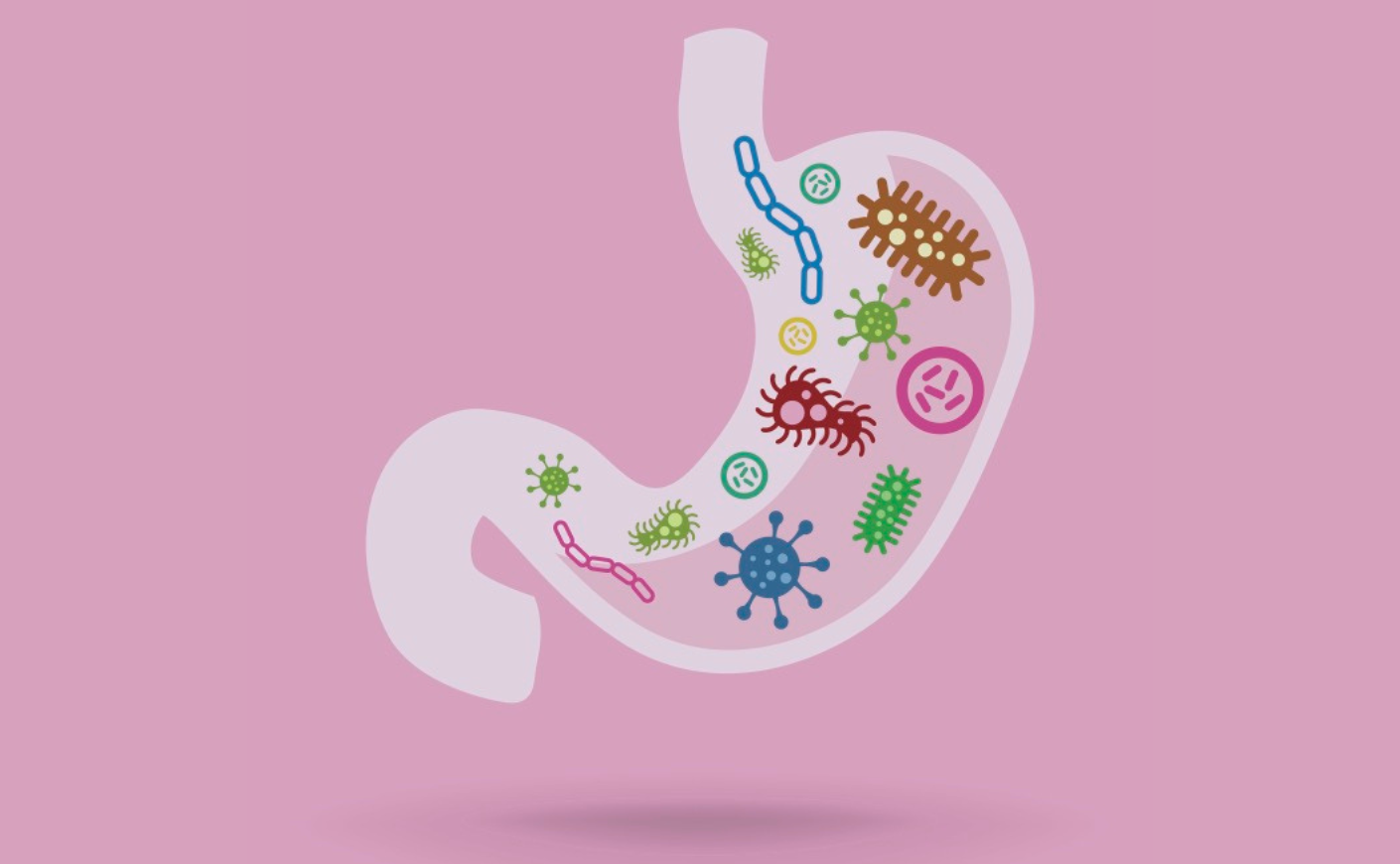A highly contagious stomach bug, sometimes called the "winter vomiting disease," is circulating again this year.
Rates of norovirus have ticked up nationwide, according to wastewater data. The concentration of the virus in wastewater has risen by 69 percent since October, Amanda Bidwell, scientific program manager for the WastewaterSCAN program told NBC last week.
"Right now, we're in the high category for norovirus at the national level," she said, with the highest rates in the Northeast and Midwest.
However, rates are still lower than last year's wave of cases, which was primarily driven by a new strain called GII.17[P17]. According to the Centers for Disease Control, nearly 23 percent of people tested positive for norovirus at the end of December 2024 — more than double the typical peak of 10 to 15 percent.
Though the virus isn't life-threatening for most people, it's still something you'll want to avoid (unless you're looking to spend more time on your toilet this holiday season). Here's a look at the symptoms to look out for, how to protect yourself, and much more.
What is norovirus, and what are the symptoms?
Norovirus is a group of viruses that cause sudden onset vomiting and diarrhea. Although the name might not sound familiar, the virus has been around for quite some time, with its first detection dating back to 1968 after an outbreak in Norwalk, Ohio.
Common symptoms include stomach pain, cramps, and low-grade fever. However, these typically don't appear until 12 to 48 hours after exposure. In some cases, individuals may experience mild or no symptoms, meaning you could be infected without realizing it.
How is the norovirus treated?
There is no specific treatment for norovirus, as antibiotics are ineffective against it — they are designed to target bacteria, not viruses, according to the Mayo Clinic.
However, there are ways to manage the symptoms. Resting and staying hydrated are essential, with electrolyte-rich liquids being especially beneficial, as they help the body absorb and replenish nutrients lost during diarrhea or vomiting. If you can stomach solid food, consider bland options like bananas, rice, toast, crackers, or plain oatmeal.
Though recovery generally depends on the health of your immune system, the illness usually goes away on its own within one to three days for most people, but that isn't always the case. Younger children and older adults are at risk for more serious infections that can cause severe dehydration and require medical attention. In fact, the CDC says the norovirus kills about 900 people (primarily adults 65 or older) and causes 465,000 emergency department visits each year.
How contagious is it, and how long are you contagious?
Norovirus is highly contagious and spreads quickly. Infected people release billions of tiny virus particles in their stool and vomit; even a small amount can make others sick.
Though symptoms may improve after a few days, the CDC warns that the norovirus can remain contagious for two weeks after recovery. The virus can also linger on surfaces for extended periods, so don't forget to disinfect frequently touched items, such as doorknobs and countertops.
Does hand sanitizer protect against norovirus?
Unfortunately, hand sanitizer alone can't kill this unpleasant and highly contagious stomach bug. Unlike the flu or Covid, Craig Wilen, MD, Ph.D., told TODAY.com that the norovirus is considered a "non-enveloped virus," meaning it has a hard, protein-based shell that "makes it relatively resistant to ethanol-based hand sanitizers."
That's why it's important to wash your hands frequently instead (preferably with warm water and for at least 20 seconds.) Soap acts like a detergent, he said, meaning it can effectively dissolve and break apart the virus and remove it from your skin before you get infected.
How does norovirus spread?
There are several ways to contract norovirus. You could come in close contact with an infected person, such as sharing cups or utensils. The virus can also spread through contaminated food, which can happen when someone with the virus handles food without properly washing their hands after using the bathroom.
However, unlike some other viruses, norovirus is not airborne, so wearing a mask won't protect you from infection. In addition to frequent handwashing and avoiding contact with infected individuals, be sure to wash fruits and vegetables thoroughly before eating and cook your food properly, especially seafood. That's because norovirus can enter water through untreated sewage and vomit. But the more you know, the better you can protect yourself.









